Fresh pressure is mounting on President Bola Ahmed Tinubu to act over allegations surrounding the academic credentials of the Minister of Interior, Hon. Olubunmi Tunji-Ojo, following a report by a private investigator that questioned the authenticity of the Bachelor of Engineering degree he claims to have obtained from London Metropolitan University, United Kingdom.
The report, which has begun to circulate amid heightened public scrutiny of officials’ conduct in the Tinubu administration, alleged that there is no verifiable evidence that Tunji-Ojo completed the undergraduate programme required for the award of the degree he has consistently paraded in official records.
According to the investigator, available records showed that the minister was admitted into a Bachelor of Engineering programme but failed his first academic year.
The report stated that there was “no evidence produced by the awarding institution to suggest that the subject repeated the year or progressed into the second year of study.”
It further noted that there was no confirmed graduation record, recognised date of award, or official transcript to support the claim that a Bachelor of Engineering degree was earned.
The findings also cast doubt on a Master’s degree in Digital Communications and Networking allegedly obtained by the minister.
The investigator said admission into a Master’s programme without an accredited Bachelor’s degree was “structurally improbable under UK academic progression rules.”
The report added that screenshots presented as evidence of a Master’s award appeared “visually inconsistent with standard institutional formatting” and remained unverified by any institutional records.
“The absence of any official transcript further contradicts the narrative of a completed undergraduate or postgraduate programme,” the investigator stated.
Summarising the findings, the report concluded: “No legitimate graduation date is recorded within the institution itself, nor can we see any proxy data that confirms this date. No evidence exists for the Bachelor of Engineering pathway, and no award was made. As such, any certificate purporting to represent a B. Engineering degree is not authentic.”
The investigation, which focused on verifying both the undergraduate and postgraduate qualifications claimed by the minister, reportedly involved a review of admission records, academic progression data, graduation lists, and the authenticity of certificates and documents submitted in support of his credentials.
Investigators also said they carried out cross-checks against academic archives, student registers and award sequences, which allegedly revealed inconsistencies in identification numbers, timelines and award details.
While some of the information used in the verification process was obtained through confidential academic verification channels, the investigator maintained that such sources had proven reliable in previous cases.
Publicly available materials, including Nigerian media reports and Freedom of Information requests submitted to London Metropolitan University, were reviewed but treated as background context.
The investigator disclosed that the university had been formally contacted for clarification but had yet to issue an official response as of the time the report was finalised, noting that a definitive position from the institution would ultimately determine the matter.
The report has intensified public debate over the legitimacy of the minister’s academic qualifications, with critics arguing that presenting questionable credentials to public institutions, including the National Assembly, goes beyond a private matter and raises potential legal and ethical concerns.
As calls for transparency grow louder, observers warn that continued silence or delay in addressing the allegations could further erode public trust in the administration, both within Nigeria and among citizens in the diaspora.
Efforts to obtain a response from the Minister of Interior on the allegations were unsuccessful as of press time.
Do you want to share a story with us? Do you want to advertise with us? Do you need publicity for a product, service, or event? Contact us on WhatsApp +2348183319097 Email: platformtimes@gmail.com
We are committed to impactful investigative journalism for human interest and social justice. Your donation will help us tell more stories. Kindly donate any amount HERE



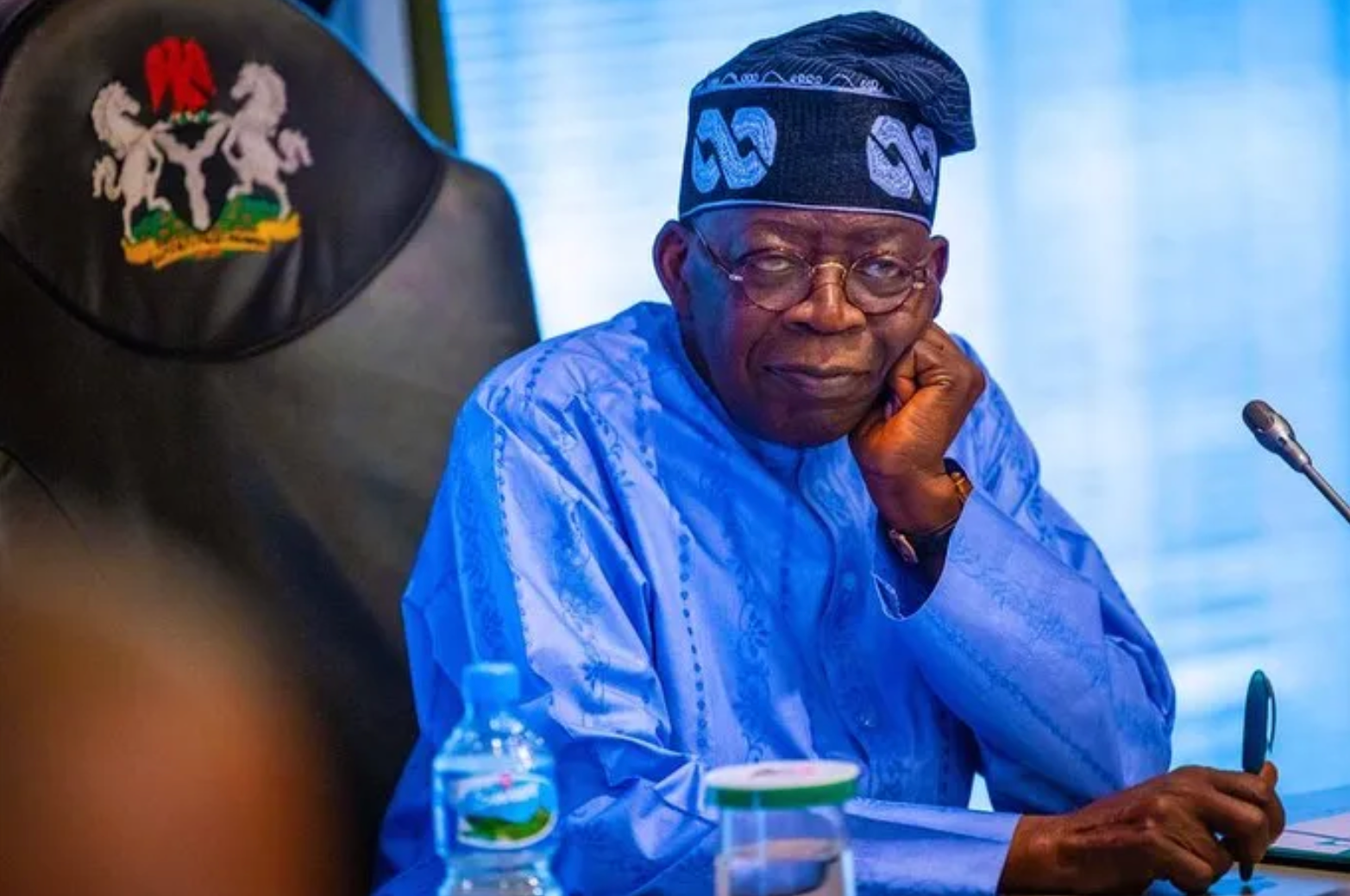




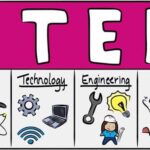

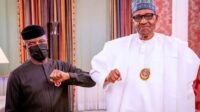
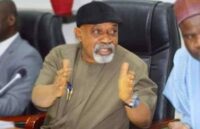

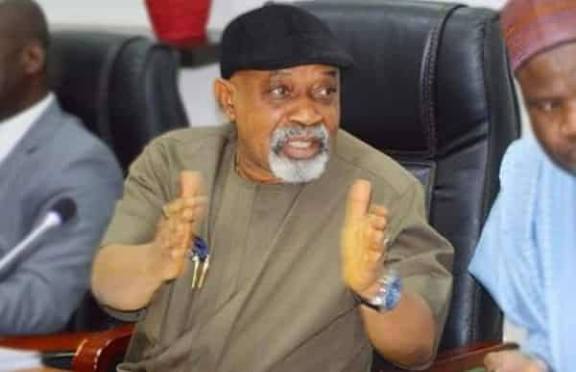



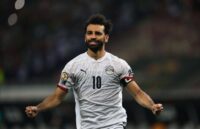


Leave a comment